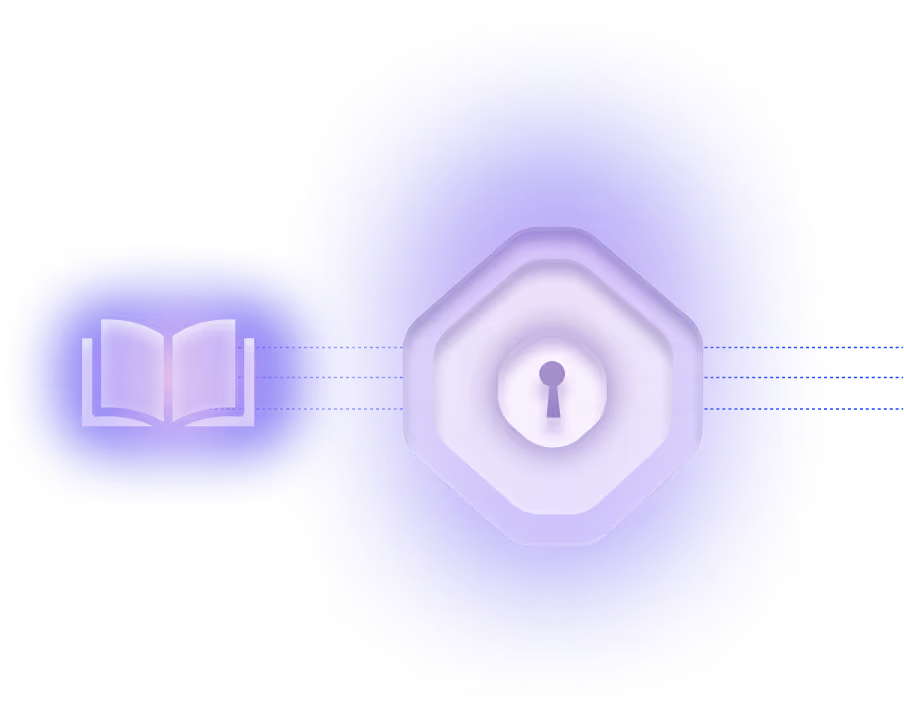Overconsumed

What is "overconsumed"?
In cybersecurity, overconsumed refers to the excessive creation, over-provisioning, and uncontrolled usage of non-human identities (NHIs)—such as service accounts, API keys, machine credentials, and automation tokens—across enterprise environments. This state arises when NHIs are granted more privileges than necessary, remain active beyond their intended lifecycle, or proliferate without centralized oversight. Overconsumption represents not just a technical misconfiguration, but a systemic governance failure that increases attack surface, elevates operational risk, and undermines compliance.
Why is it important?
Overconsumed NHIs are a leading cause of cloud breaches, lateral movement, and regulatory violations. With machine identities now outnumbering human identities by more than 50:1 in many organizations, even a small percentage of overprivileged or orphaned NHIs can introduce significant security vulnerabilities. These identities often lack multi-factor authentication (MFA) and are difficult to monitor, making them attractive targets for attackers. Furthermore, overconsumption accelerates privilege sprawl and complicates incident response, especially in environments with tens of thousands of active NHIs across cloud and on-premises systems.
What are common applications or use cases?
In practice, overconsumption occurs when developers provision temporary credentials for testing that are never revoked, or when API tokens are reused across multiple applications without visibility into their usage. For example, a service account granted administrative access to a cloud environment for a short-term deployment may remain active indefinitely, posing risk long after its purpose expires. Similarly, secrets embedded in code repositories or shared via unsecured channels often go unnoticed, leading to silent privilege escalation over time.
What is the connection to NHIs (Non-Human Identities)?
Overconsumption is inherently a non-human identity problem. NHIs are created at machine-scale speeds—often by CI/CD pipelines, orchestration tools, or AI agents—without the oversight or lifecycle controls applied to human users. As a result, organizations experience NHI sprawl, where thousands of machine identities exist without defined ownership, expiration policies, or usage monitoring. This unchecked growth leads to overconsumed states that traditional IAM systems are ill-equipped to manage.
Are there any notable industry data, trends, or standards?
Research indicates that 97% of NHIs are overprivileged, 40% of secrets are unused, and 92% of organizations share NHIs with third parties—often without proper controls. Frameworks like NIST 800-207 (Zero Trust Architecture) and GDPR require granular identity governance, but most enterprises lack the visibility or automation to enforce such standards for NHIs. The rise of AI and quantum computing further exacerbates the problem, introducing new classes of ephemeral, autonomous, and synthetic machine identities.
What is the broader impact or takeaway?
Overconsumption of NHIs is a fundamental challenge for modern identity security. It undermines Zero Trust principles, inflates compliance costs, and slows incident response. Addressing it requires a shift from reactive permission cleanup to proactive, policy-driven NHI lifecycle governance. By integrating automated discovery, just-in-time access, secret rotation, and NHI-specific behavior analytics, enterprises can reduce exposure, improve audit readiness, and accelerate secure digital transformation. In an era where machines outnumber humans in the identity fabric, solving overconsumption is essential to regaining control.





